Jamaica year 1860 stamp – 2d SG 2 / £225 MNG
British Jamaica refers to the period when Jamaica was a colony of the British Empire. Jamaica was initially settled by the Spanish in the early 16th century, but it was captured by the English in 1655 during the Anglo-Spanish War. The island was formally ceded to the English under the Treaty of Madrid in 1670.
Under British rule, Jamaica became a major center of the Atlantic slave trade and plantation economy. Sugar, along with other crops such as coffee and bananas, became key exports, and Jamaica became one of the wealthiest colonies in the British Empire during the 18th and early 19th centuries.
The institution of slavery was deeply entrenched in Jamaica, and the island’s economy relied heavily on enslaved labor from Africa. Conditions for enslaved people were harsh, and resistance and rebellions were common.
In 1834, the British Parliament passed the Slavery Abolition Act, which abolished slavery throughout most of the British Empire, including Jamaica. However, the transition from slavery to freedom was challenging, and Jamaica experienced economic difficulties in the years following emancipation.
Jamaica remained a British colony until it gained independence on August 6, 1962. Today, it is a sovereign nation within the Commonwealth of Nations, with Kingston as its capital and English as its official language. Despite gaining independence, Jamaica retains cultural and historical ties to its colonial past.

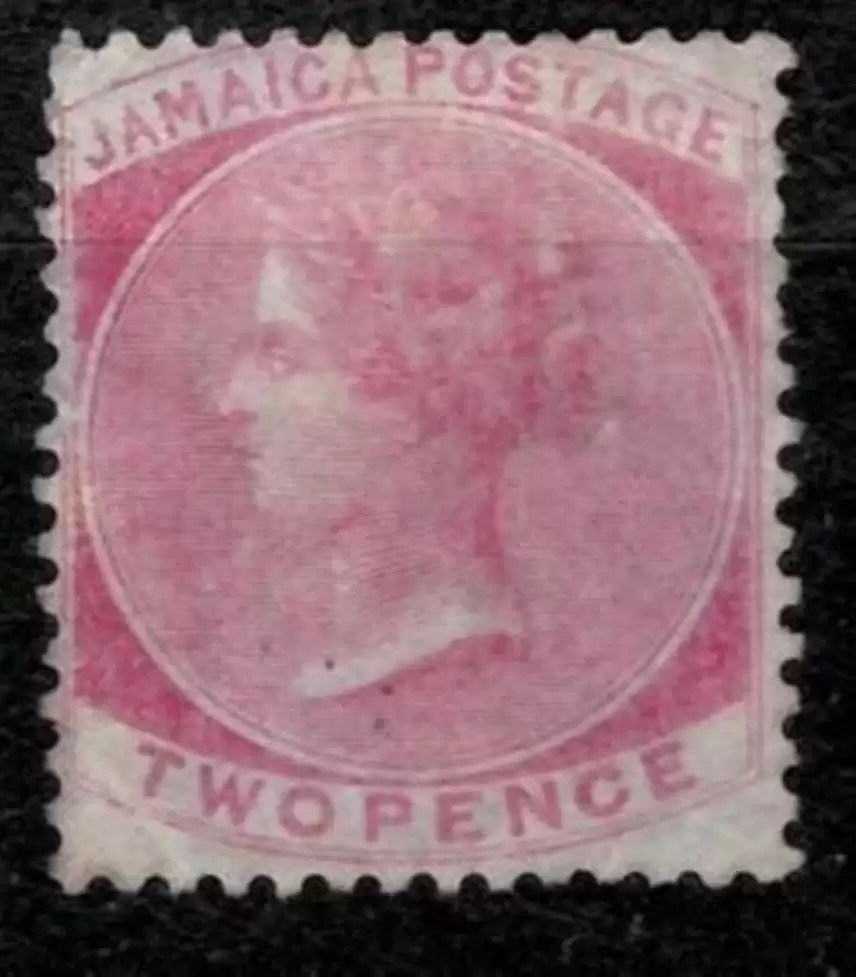
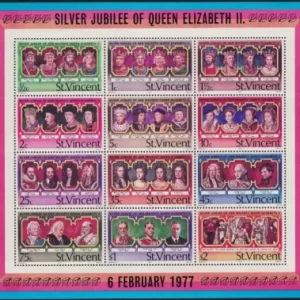
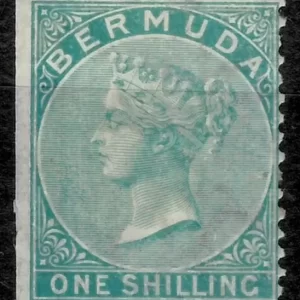
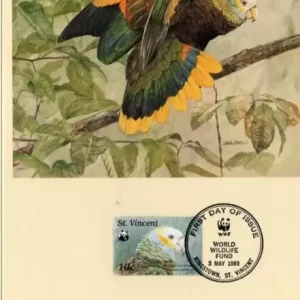
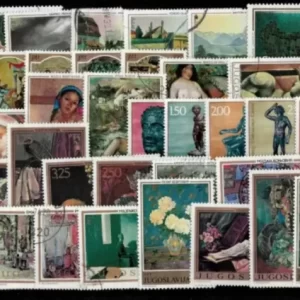
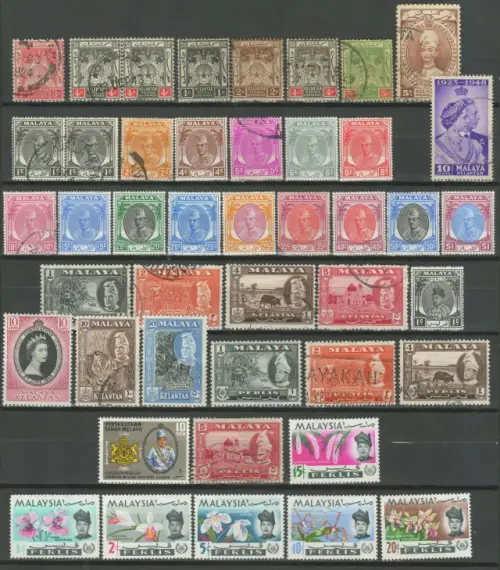
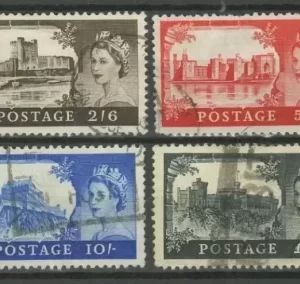
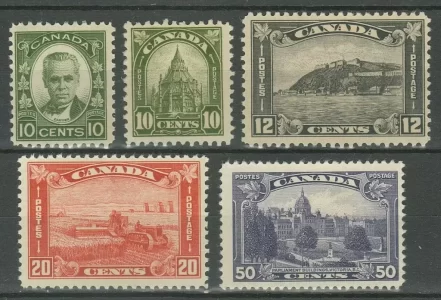
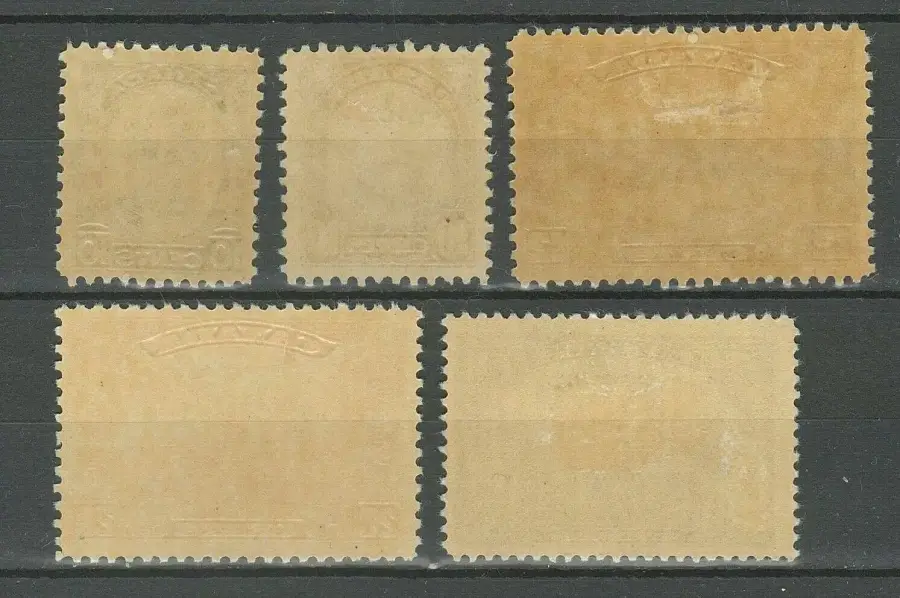
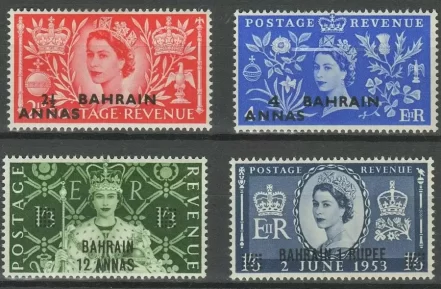
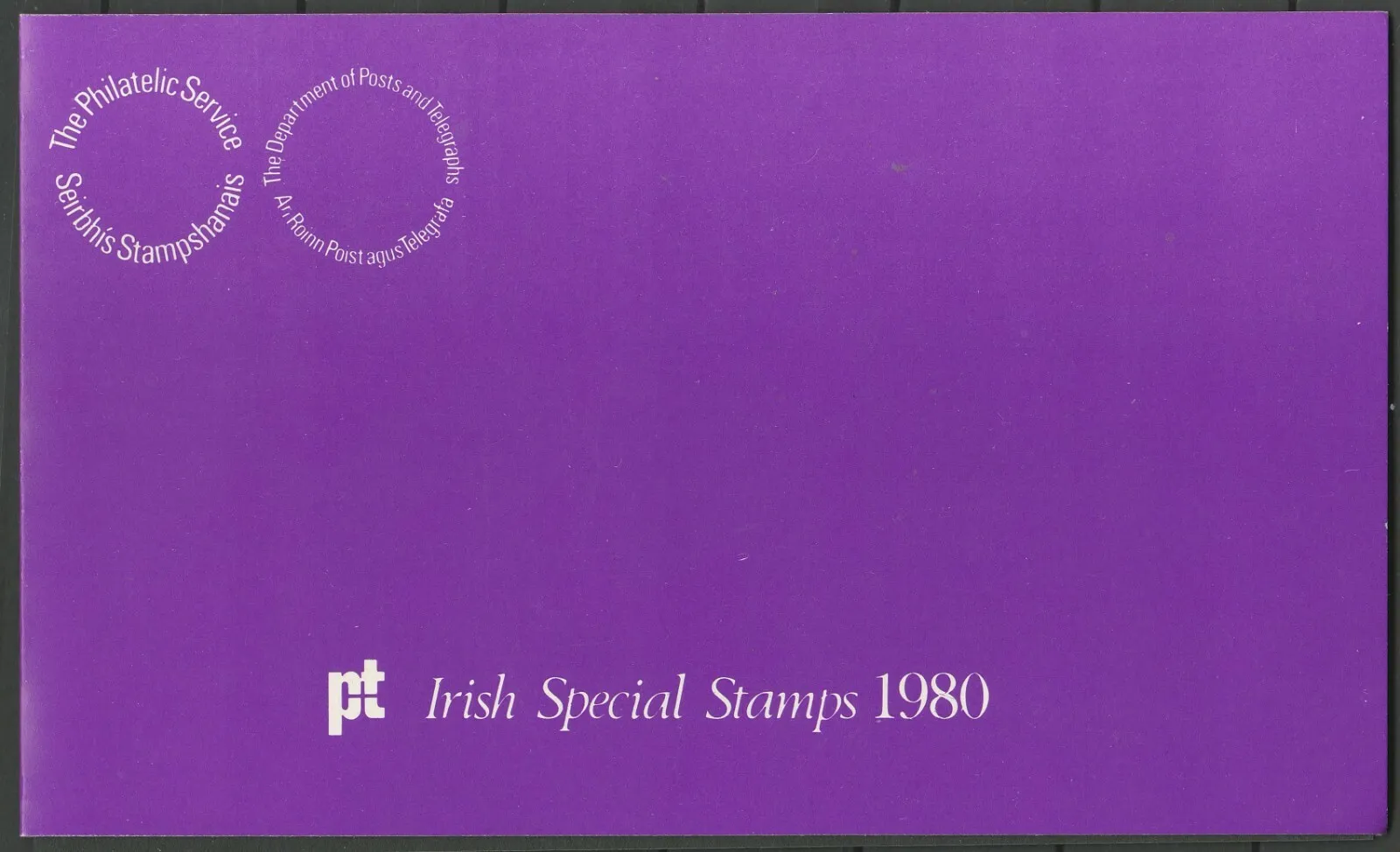
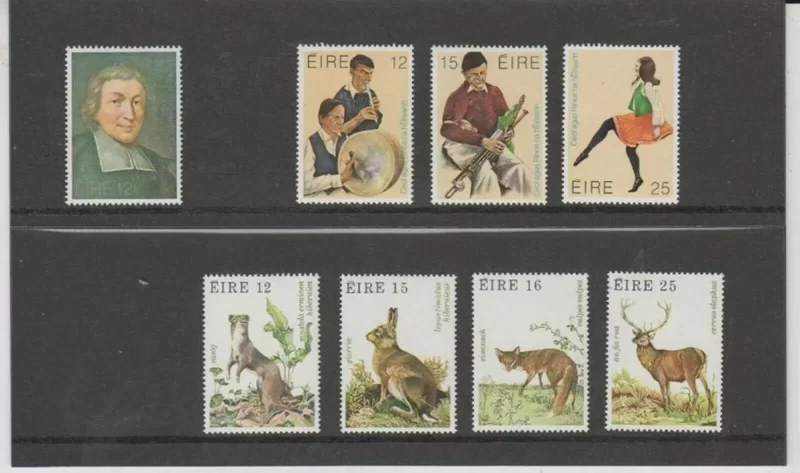
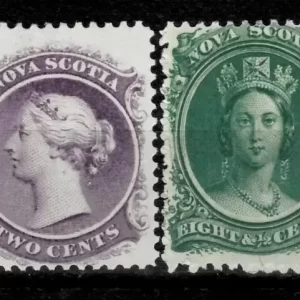
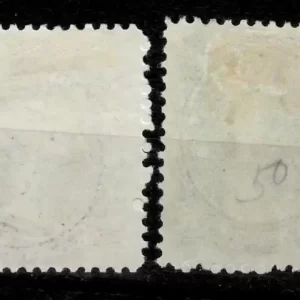
Reviews
There are no reviews yet.